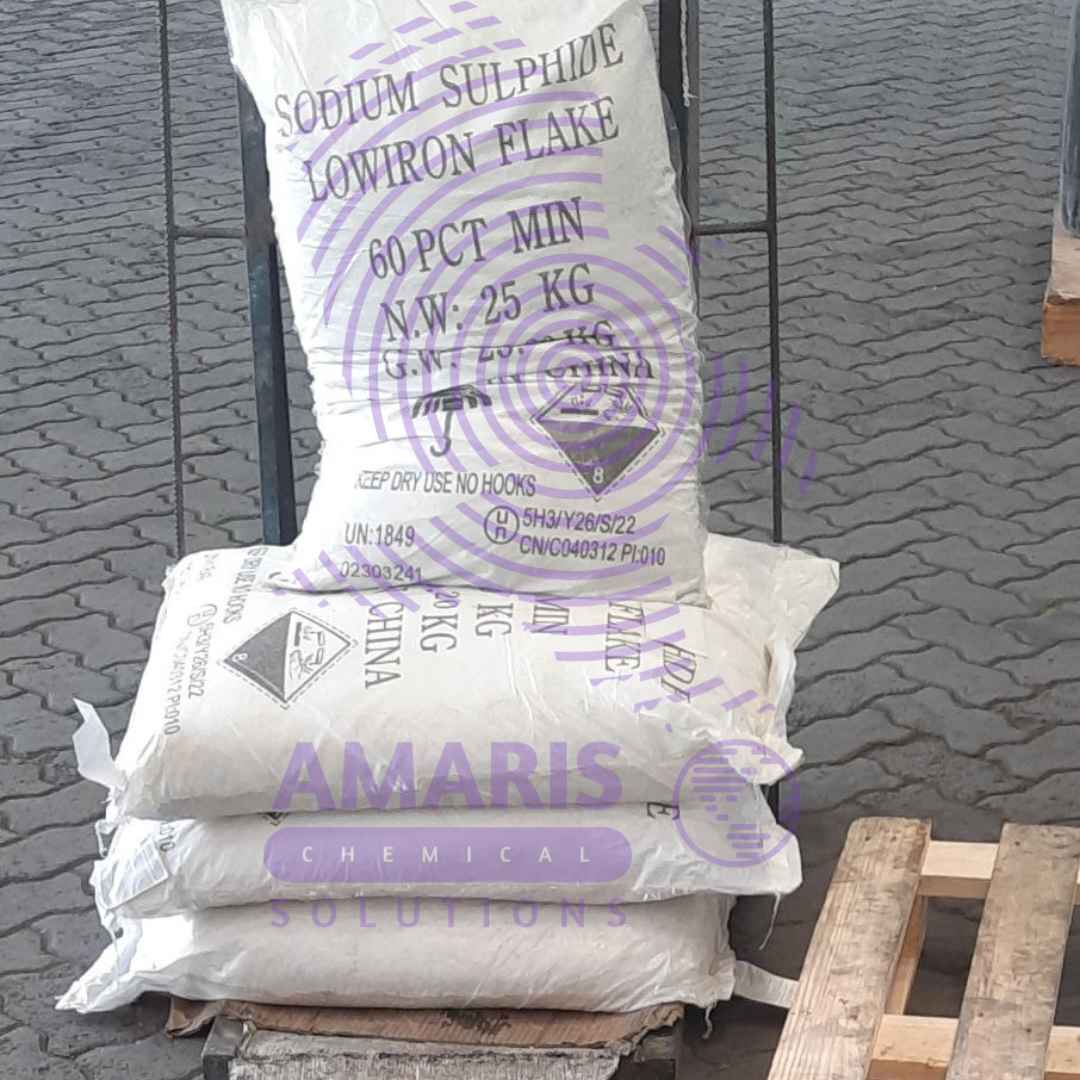Understanding Sodium Sulphide: Applications, Benefits, and Safety Considerations

Sodium sulphide (Na2S) is a versatile chemical compound widely used across multiple industries. Known for its strong reducing properties and ability to react with various substances, it plays a crucial role in industrial processes. This article explores its applications, benefits, and essential safety measures.
Applications of Sodium Sulphide
Sodium sulphide is widely utilized in different sectors, including:
- Leather Industry – Used in the dehairing process of hides and skins, making it an essential compound in leather tanning.
- Pulp and Paper Industry – Plays a key role in the Kraft process, helping break down wood fibers for paper production.
- Textile Industry – Acts as a reducing agent in dyeing applications, particularly for sulfur dyes.
- Water Treatment – Used to remove heavy metals from wastewater, making it valuable in environmental management.
- Ore Processing – Involved in the flotation process of metal ores such as copper and lead.
- Chemical Manufacturing – Serves as a precursor in the production of sulfur-based chemicals.
Benefits of Sodium Sulphide
Sodium sulphide offers several advantages that contribute to its widespread use:
- Efficiency – Its strong reducing properties enhance industrial chemical reactions.
- Cost-Effectiveness – Available at a relatively low cost, making it a practical choice for large-scale operations.
- Versatility – Applicable in multiple industries, ranging from textiles to metallurgy.
- Environmental Utility – Helps in wastewater treatment by precipitating heavy metals, reducing pollution.
Safety Considerations
While highly beneficial, sodium sulphide requires careful handling due to its potential hazards:
- Corrosive Nature – Can cause skin burns and eye irritation upon contact.
- Toxicity – Releases hydrogen sulfide (H2S) gas in moist conditions, which is highly toxic and has a foul odor.
- Proper Storage – Should be kept in airtight containers away from moisture and acids.
- Protective Measures – Use personal protective equipment (PPE) such as gloves, goggles, and masks when handling.
- Ventilation – Work in well-ventilated areas to prevent inhalation of harmful fumes.
Conclusion
Sodium sulphide is a crucial industrial chemical with diverse applications and significant benefits. However, strict safety protocols must be followed to ensure its safe handling and use. Understanding its properties and risks allows industries to maximize its utility while minimizing hazards.









